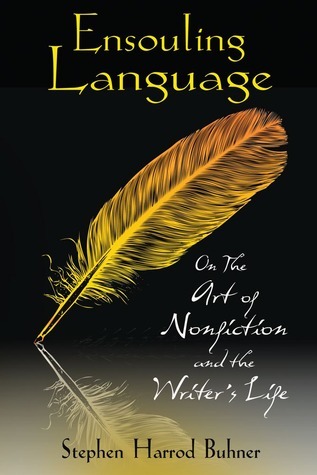This book was a complete surprise. I expected a how-to (because it is) but the how-to I got was a very different one. This is not how to write nonfiction. This is how to bring duende into your writing. I highly, highly recommend this book. On the whole the book is mesmerizing, mind-blowing, powerful -- exactly what I needed at the time it showed up. I have Buhner's book on treating Lyme disease and have been following that protocol for a long time. So I was shocked to learn that he's a wacky genius, a deep-thinking visionary, a wizard. Yes, that's what he is, a wizard. Only a small percentage of writers are going to dig this book, but if you are one of them, then you're in my tribe. One small word of warning: The middle sections are sometimes slow. As Buhner himself admits late in the book, he makes a point of repeating important things a number of times, often three. He does it so that the material sinks in. But not knowing that, in the course of reading the book, I got impatient with its long-windedness. HOWEVER, you should know that this is the only book that, when I finished the last page, and turned to the front page and immediately began again. I highly recommend it.

